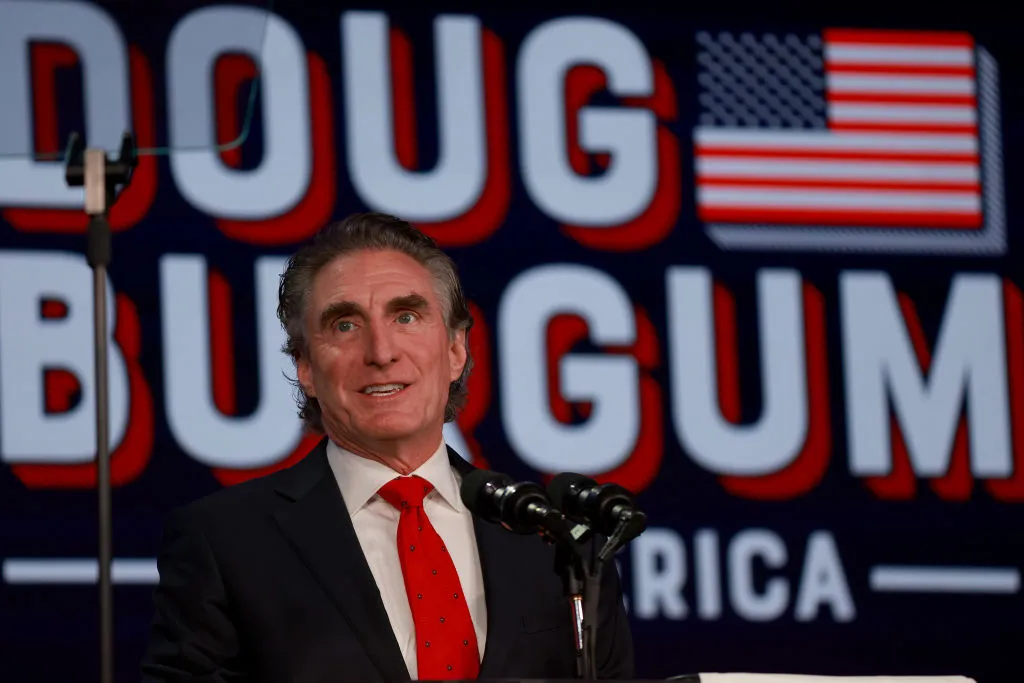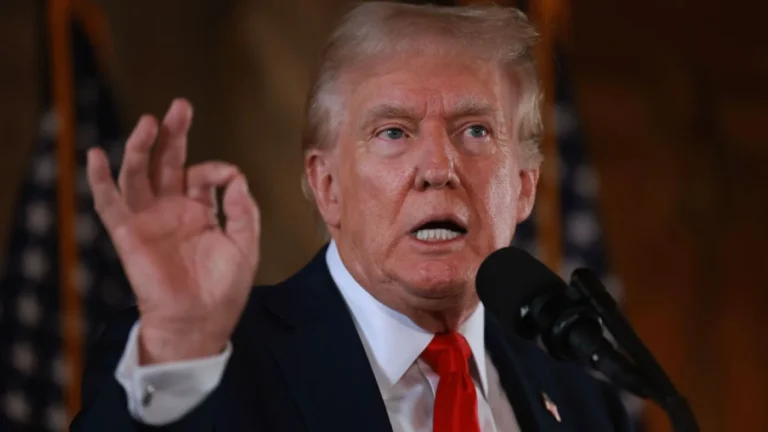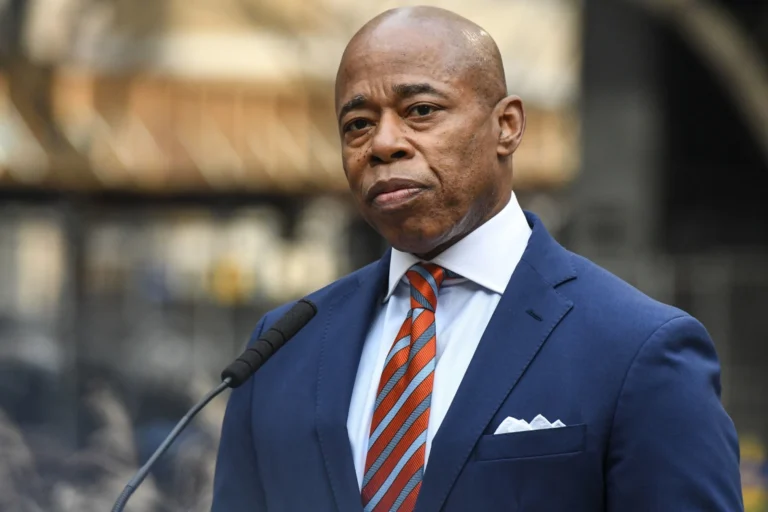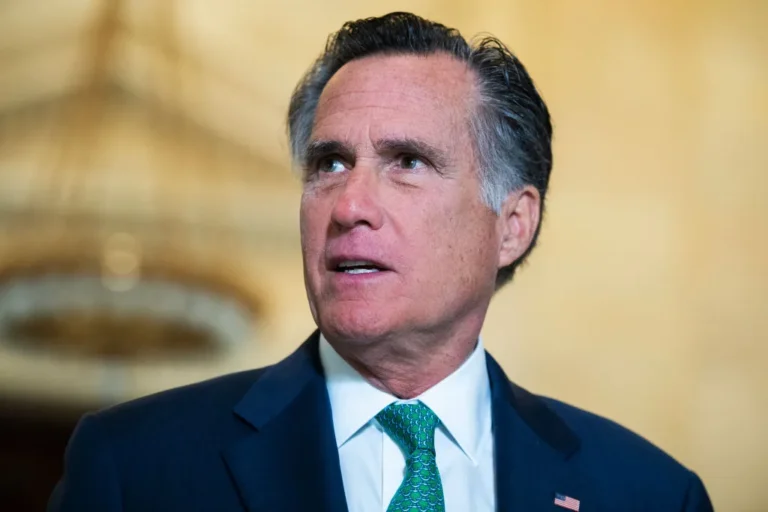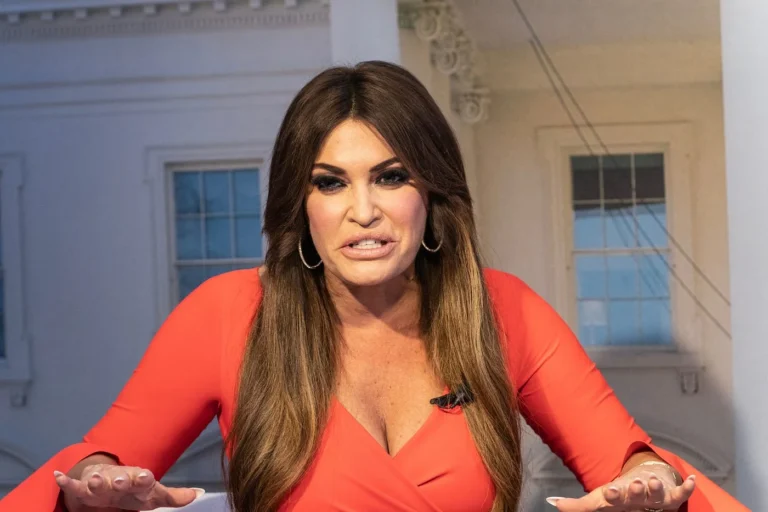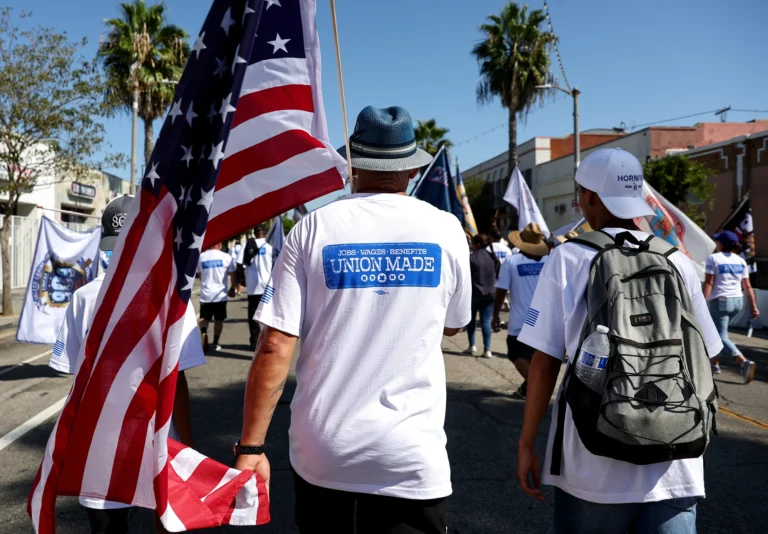North Dakota Republican Governor Doug Burgum Defends Trump and Dismisses Concerns Over Controversial Remarks
On Sunday, North Dakota Governor Doug Burgum spoke out against concerns that comedian Tony Hinchcliffe’s racist comments about Puerto Rico would negatively impact the upcoming election for former President Donald Trump. During a rally in New York last weekend, Hinchcliffe made a jarring joke, calling Puerto Rico “a floating island of garbage,” which drew widespread condemnation. However, Burgum downplayed the implications of these remarks, suggesting they do not reflect the views of Trump supporters.
Addressing the controversy, Burgum emphasized the audience’s reaction at the rally. He noted that when Hinchcliffe delivered his offensive joke, the crowd responded with disapproval, groaning rather than laughing. “There was not approval from a very supportive Trump audience,” he stated, trying to distinguish between Hinchcliffe’s humor and the broader sentiments of Trump’s base.
Burgum also drew a stark contrast between Hinchcliffe’s status as a relatively unknown comedian and the significant position of President Joe Biden. He remarked, “We’re talking about a comic that no one’s ever heard of” versus “the president of the United States calling half the voters in the country garbage.” This reference was aimed at Biden’s comments made during a Latino voter outreach call, where he responded to Hinchcliffe’s joke by labeling Puerto Ricans as “good, decent, honorable people.” Biden went further, condemning Hinchcliffe’s comments and referring to Trump’s supporters as “garbage.”
The governor criticized Biden’s rhetoric as divisive, asserting that it was fundamentally un-American to disparage large groups of voters. In response to the backlash over Biden’s comments, the White House clarified his statement, indicating that he was specifically addressing the derogatory language used at the Madison Square Garden rally, rather than labeling Trump supporters as a whole.
Burgum did not stop at Hinchcliffe’s remarks; he also reacted to Trump’s own controversial statements. He pointed out a moment from a September rally in Mosinee, Wisconsin, where Trump criticized Vice President Kamala Harris, claiming, “It’s not her, it’s the people that surround her. They’re scum, they’re scum, and they want to take down our country. They are absolute garbage.” Burgum, responding to these comments, asserted that voters are unlikely to be swayed by such remarks.
During his interview with moderator Kristen Welker, Burgum articulated his belief that the ongoing discourse—characterized by name-calling and inflammatory remarks—will not influence the outcome of the election. “The parsing of comments from the last seven days is not what’s going to determine the election,” he stated confidently. He emphasized that this is typical of American politics, especially as elections approach. “There’s always been a lot of name-calling in the last week. This has all happened before,” he remarked.
Burgum’s comments reflect a broader strategy among some Republican leaders to navigate and deflect criticism surrounding their party’s more controversial figures and statements. By framing Hinchcliffe as an inconsequential player and juxtaposing him with the president, Burgum aims to reassure voters that the extreme rhetoric is not representative of Trump supporters as a whole.
In this charged political atmosphere, Burgum’s stance seems to suggest that he believes the electorate is more focused on pressing issues than on the comments of comedians or even the harsh words of political leaders. He noted that at the end of the day, “the voters are going to make a decision about, you know, their own condition,” implying that practical concerns will outweigh sensational remarks made during campaign rallies.
The current political landscape is fraught with tension, particularly as candidates gear up for the upcoming election. With both parties vying for the support of voters, figures like Burgum find themselves in a delicate position, having to defend their party’s leaders while also appealing to a broader base that may be turned off by incendiary rhetoric.
In summary, Governor Doug Burgum’s remarks serve as both a defense of Donald Trump’s supporters and a critique of President Biden’s inflammatory comments. By downplaying the impact of Hinchcliffe’s controversial joke and reaffirming that name-calling is a hallmark of election season, Burgum attempts to maintain focus on substantive issues that matter to voters. As the election approaches, it will be interesting to see how these dynamics play out and whether or not voters heed the call for a more measured political discourse or continue to be influenced by the chaos of campaign rhetoric.
